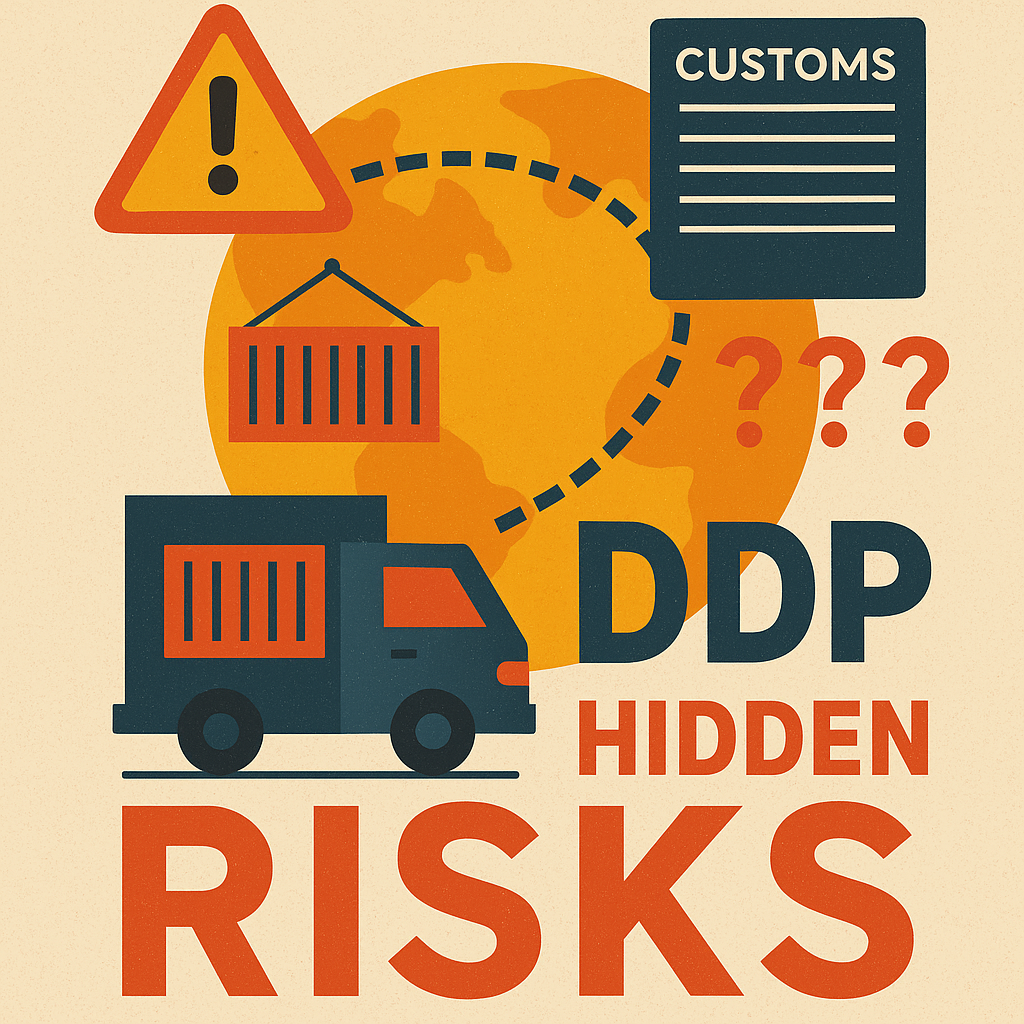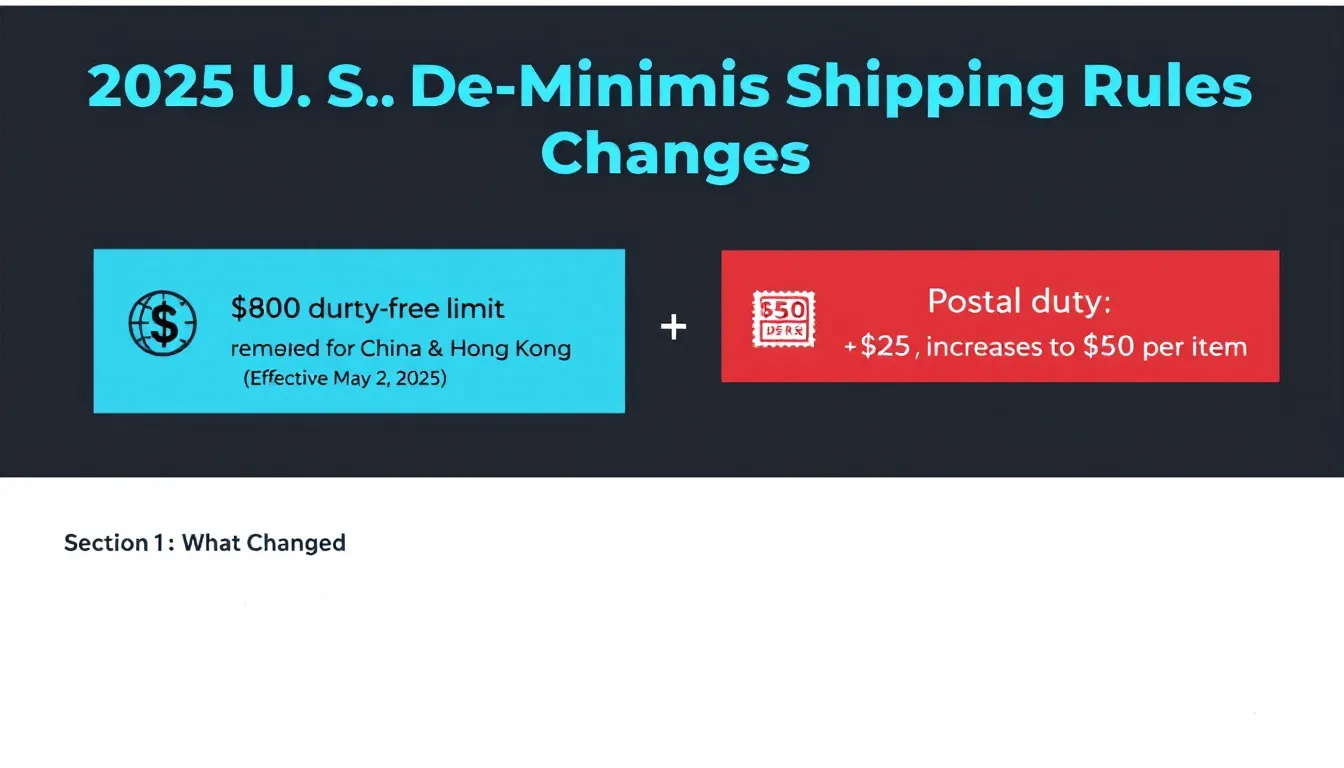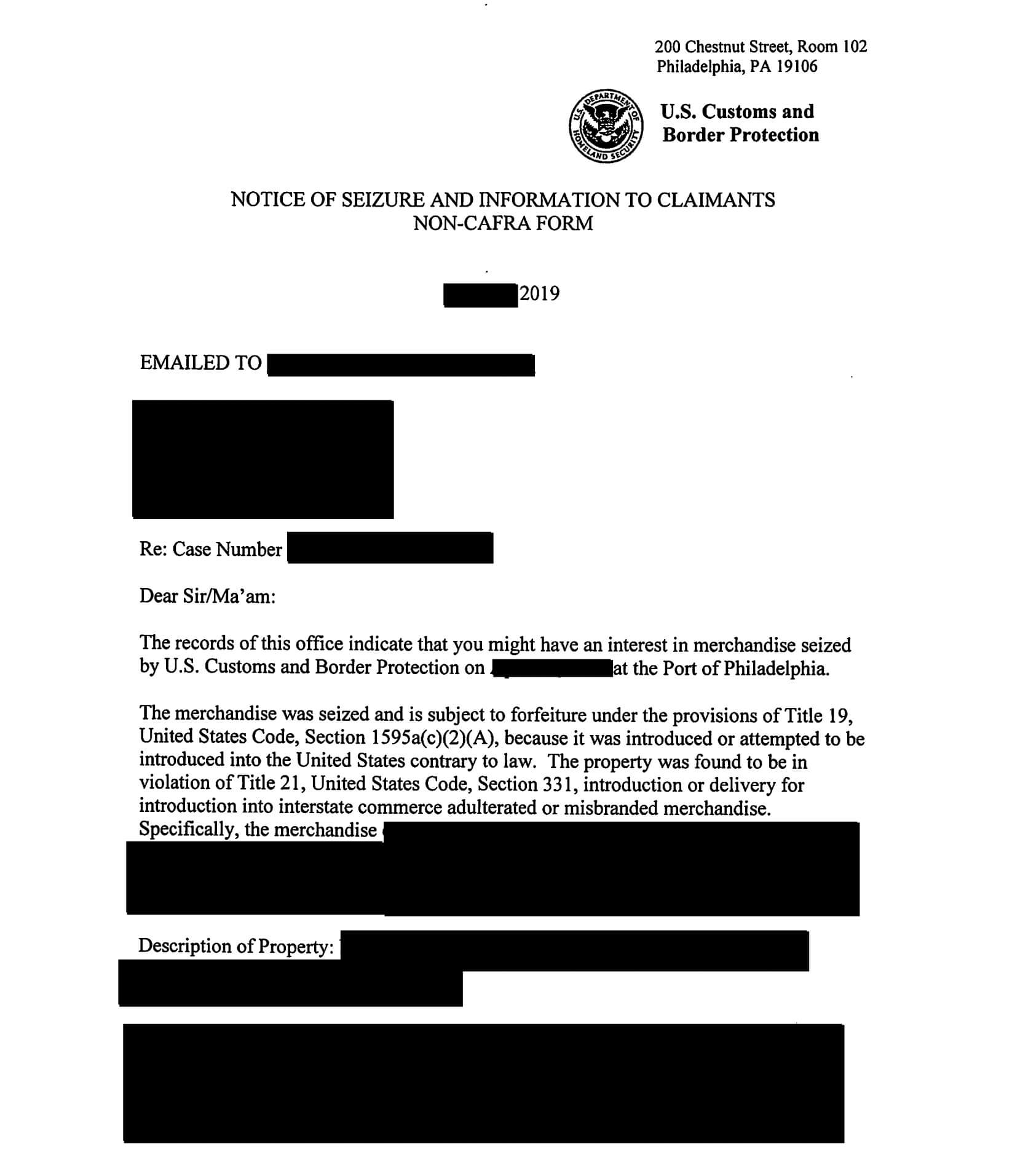New importers may believe that they should handle the entire process. All by themselves.
But veteran shippers understand customs requirements demand a legal entity.
We want you to join their ranks.
Back in 1993, Customs and Border Protection (CBP) created the role to help you get there. An importer of record.
By the end of this blog, you’ll more fully understand their benefits to customs clearance.
Importer of Record Protecting Your Business Entity
Also known as an IOR, the importer of record guides goods from one country to another. Aiding their safe arrival at your warehouse.
It could be an individual or entity. Either way, they become the temporary owner across international lines. And with this valid power, they’re expected to take reasonable care of your assets.
They assume responsibility and any associated risks. For a charge to your business of course.
Destination country payments they handle:
- Import duties
- Taxes due
- Additional fees
However, they’re so much more. Their ability to meet legal requirements and factor in compliance considerations adds to the overall value.
Examples of those who can fill this role:
- Freight forwarders
- Customs brokers
Differing parties offer unique talents and abilities to get the job done right. The first time.
Navigating the complex imports-based process just got easier.
Next, we’ll look at federal agencies an importer of record deals with.
Government Agencies and Enforced Compliance
If imported goods are deemed a perceived threat to the United States, certain agencies can deny entry.
Including:
- Food and Drug Administration (FDA)
- Environmental Protection Agency (EPA)
- Consumer Product Safety Commission (CPSC)
Along with CBP, their initial assessments will determine if the imported goods belong in a trash heap. Or your distribution center.
Even the best-licensed customs brokers have their hands tied in this situation.
You can avoid this outcome by creating a self-auditing program with your importer of record. And in doing so, maintain reasonable care. Paying attention to details, even while running a busy importing business, pays off 100% of the time.
There may be a temptation to try and speed up the process. After all, profit is the prize at the end.
Don’t fall for it. Slow. Down.
Steps border protection may take:
- Documentation audits
- Monetary penalties
- Examination of your goods
- Possible criminal penalties
Guaranteeing that your product classification is appropriately documented helps you avoid scrutiny.
We’ll cover that next.
Documentation Responsibilities of an Importer of Record
Beyond temporary ownership, your licensed customs broker or freight forwarder wears other hats.
And they center around presenting the correct documents to an importing country. While following necessary regulations at the same time.
Associated duties:
- Acquiring export licenses and any permits
- Relaying correctly valued goods information to US customs
- Meeting product safety and labeling rules
- Supporting documentation for your import goods
Entry documents being up to par will streamline the process. And prevent enforced compliance from becoming an issue.
Depending on the type of imported goods and country, the above list may vary slightly.
It’s your legal responsibility to provide the paperwork to your chosen representative. And you’ll be glad you did.
Moving on, let’s address the rewards to your business of hiring an importer of record.
IOR Service Provider Benefits
Importing goods becomes a lot easier when you have an advocate to keep the supply chain operating efficiently.
Alongside self-auditing programs, the ideal importer of record gets your goods from overseas to your destination country. Without interruptions at the border.
Reasons to invest in this individual or entity:
- Strengthen your supply chain
- Protect your financial interest
- Decrease the likelihood of civil penalties
- Mediate with government authorities
Speaking the language of “government,” their understanding of cutting through the red tape is key. They also normally have an established network that speeds up the import process. It’s about who you know right?
Promoting your product, pitching a potential buyer, and shipping it to the end-user take time and resources. For both the importer and any company you represent.
Access to the best compliance tools and information allows your hired third party to safeguard that investment.
Businesses fail when criminal penalties are assessed. A knowledgeable IOR can help you avoid this event.
They excel in certifying that your imported goods comply. View them as extra executive-level management during the shipping process. Two heads are always better than one after all.
Now let’s answer that burning question many importers have.
Can a Customs Broker Double as an Importer of Record (IOR)?
The simple answer is yes. But there are still some pieces of information worth exploring.
For one, a customs broker needs to accomplish two tasks before achieving this role:
- Register as an importer of record
- Receive an IOR number
Ask if importing goods is something they’ve helped other clients with. You should also check that they have experience handling the required documentation.
Because voluntary compliance measures must first be understood. Before they can be followed.
Please note one fact.
A customs broker’s duties normally end once a good is shipped to the border. Their job is to stay updated on rules and regulations. And handle any licenses that must be used for the task.
Then the process is handed off to you.
On the flip side, an importer of record “accompanies” the good until after it clears CBP here in the United States. Making any necessary payments.
We don’t share this to dissuade you from using customs brokers. You’re more than welcome to.
But to remain compliant, being aware of possible limits to their assistance is important. Guarantee that they’ve registered and have an IOR number before working together.
That way you’ll have confidence in their ability to support your business.
To conclude, we want to highlight another ally besides an importer of record.
Reidel Law Firm Assisting Customs Compliance
You probably don’t have time to decipher the “legalese” around bringing secure imports across the border.
Naturally, this is an assumption. But it’s based on discussions with our customers.
We can help you handle the legal aspects of any import issues. It is our specialty after all.
Plus, it removes the need for any sort of course on these topics.
Our international trade law division also supports:
- Export Compliance
- Litigation before the Court of International Trade (Section 337, anti-dumping/countervailing, and other trade-related cases)
- Trade Compliance Audits and Training
Reach out to see how we can help your supply chain run smoothly!





